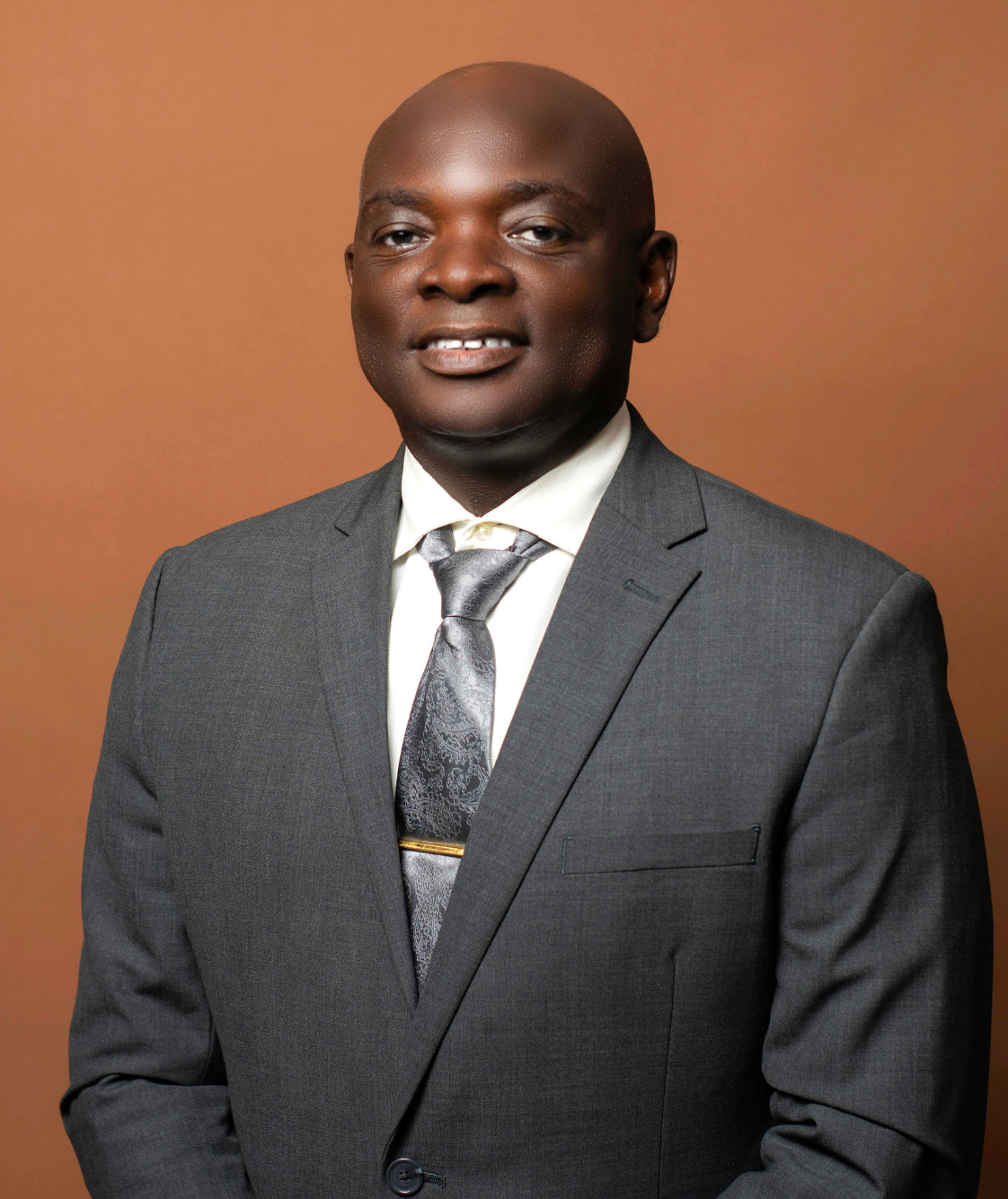Professor Alexander Ansah Manu
Director

Welcome Message from the Director
It is my great pleasure to welcome you to the Institute of Health Research (IHR) of the University of Health and Allied Sciences (UHAS), Ghana - a centre of excellence in health research, training, and capacity strengthening. I consider it a profound honour to lead this Institute at such a pivotal moment in history.
Our shared humanity faces unprecedented challenges, arising from our intricate interdependence with one another, other living species, and the physical, socio-political, and cultural environments in which we live. Only 50 miles from here, the sea is “eating the land” in Keta - displacing families and eroding livelihoods. Drought threatens food security across several regions in Ghana and other low- and middle-income countries (LMICs). Across the world, millions of mothers, babies and children still die needlessly from preventable causes; once-eradicated diseases are re-emerging; and lifestyle changes have led to a surge in non-communicable diseases such as diabetes and hypertension. Despite remarkable advances in technology, LMICs like Ghana continue to lag in translating these innovations into improved health delivery and outcomes.
My vision is to lead a world-class institute that conducts international-quality, cutting-edge research; trains the next and best generation of health researchers; and strengthens capacity in health and allied sciences to build resilient health systems that contributes to global policy and guidelines but more importantly that positively impact lives in Ghana, and beyond.
In facilitating research across UHAS, my team - organised into four centres focusing on Health Policy and Implementation Research, Malaria, Neglected Tropical Diseases, and Non-Communicable Diseases - actively welcomes collaboration and equitable partnerships with Metropolitan, Municipal and District Assemblies (MMDAs), funding agencies, sponsors, partner institutions, UN agencies, and philanthropists in advancing research and capacity development. We have and continue to develop systems to facilitate the science and ethics of research as well as transparent grant management.
Our thematic areas include (but are not limited to): health systems, quality improvement research and programme evaluation; life course epidemiology; ageing and cancers; reproductive, maternal, newborn, child, adolescent and men’s health; early childhood development; climate change and planetary health; mental health, disability and equity; HIV, tuberculosis and other infectious diseases (including hepatitis); nutrition and diet; and technological innovations including artificial intelligence and their applications in health. We draw extensively on expertise from across UHAS - Medicine, Nursing and Midwifery, Allied Health Sciences, Basic and Biomedical Sciences, and Dentistry - and other sub-regional as well as global networks build over the years. Our inclusive and collaborative environment leverages diversity as a driver of innovation, creating opportunities for both national and international student and professional exchanges.
If the COVID-19 pandemic (and the tiny SARS-CoV-2 virus) taught us anything, it is that no contribution is too small to change the world. I invite you to join us in pushing the boundaries of descriptive, discovery, development, and delivery research, as we work to build evidence-informed resilient health systems capable of responding to current and future challenges—starting with achieving the Sustainable Development Goals within the next five years.